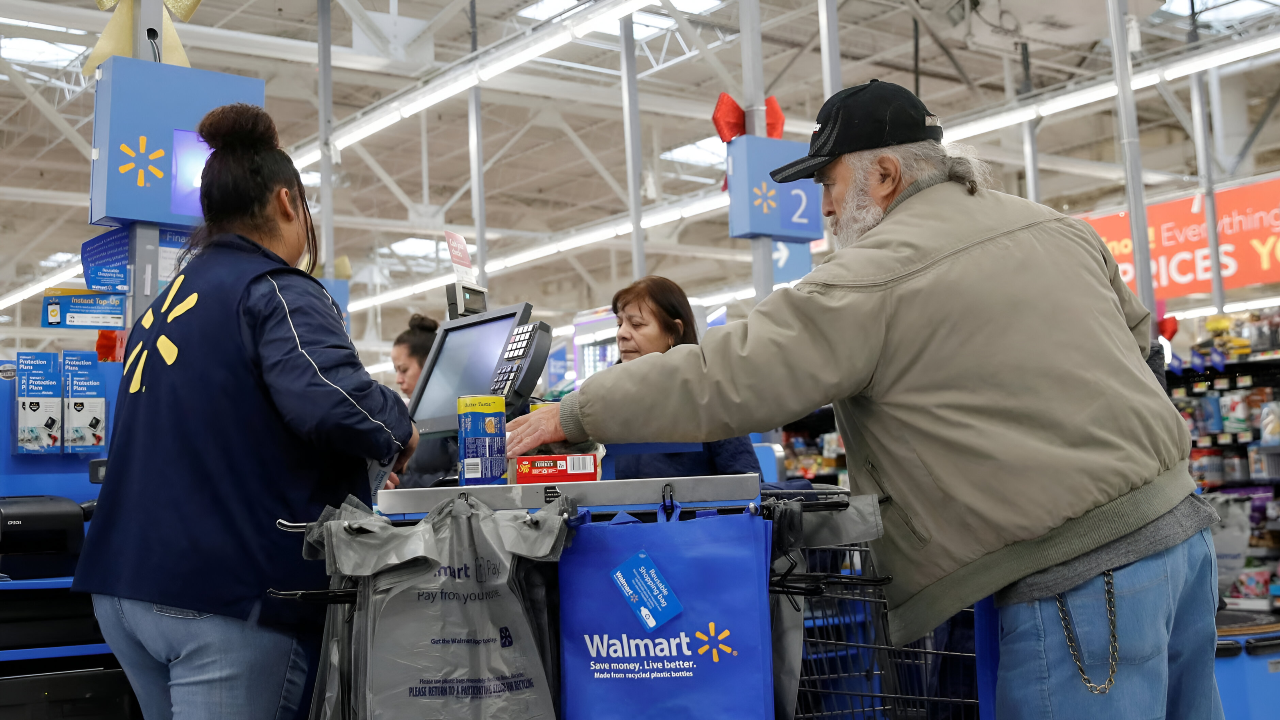
Walmart, America’s largest private employer, stunned the labor market by pausing all job offers to applicants needing H-1B visas. The decision came after President Trump’s administration announced an unprecedented $100,000 fee on each new H-1B petition.
Walmart has 2,390 H-1B employees and says it remains “committed to hiring and investing in the best talent” while reviewing its H-1B approach.
Trump’s $100K Visa Fee Sparks Policy Shift

In Sept. 2025, President Trump signed an executive order imposing a one-time $100,000 fee on new H-1B visa petitions. The administration framed it as a crackdown on the “overuse” of the program, intended to compel companies to “train Americans” for specialized jobs.
This dramatic change instantly made foreign hiring far more expensive for employers.
Thousands of Skilled Applicants Suddenly Shut Out
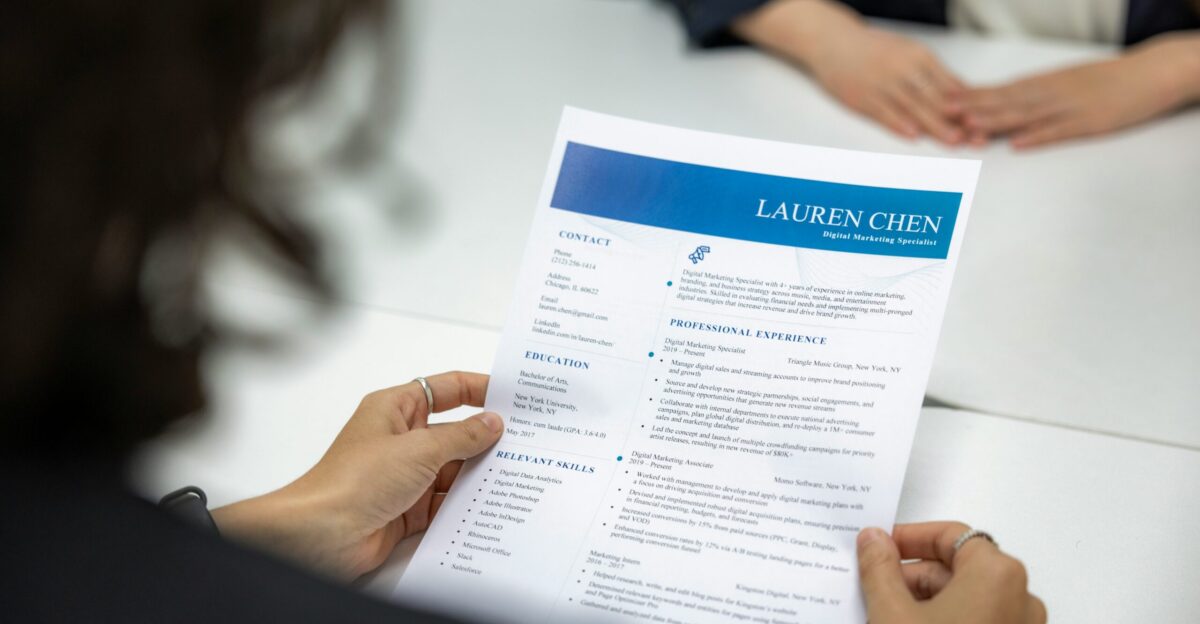
The fee immediately blocked many foreign professionals from jobs. Over 70% of H-1B visas go to Indians, and 12% go to Chinese workers. Walmart alone had about 2,390 H-1B employees; now thousands of other visa seekers are effectively frozen out.
Analysts warn this talent gap could slow innovation, “the brain drain will weigh heavily on productivity,” one economist cautioned.
Business Leaders Warn of Talent Shortages
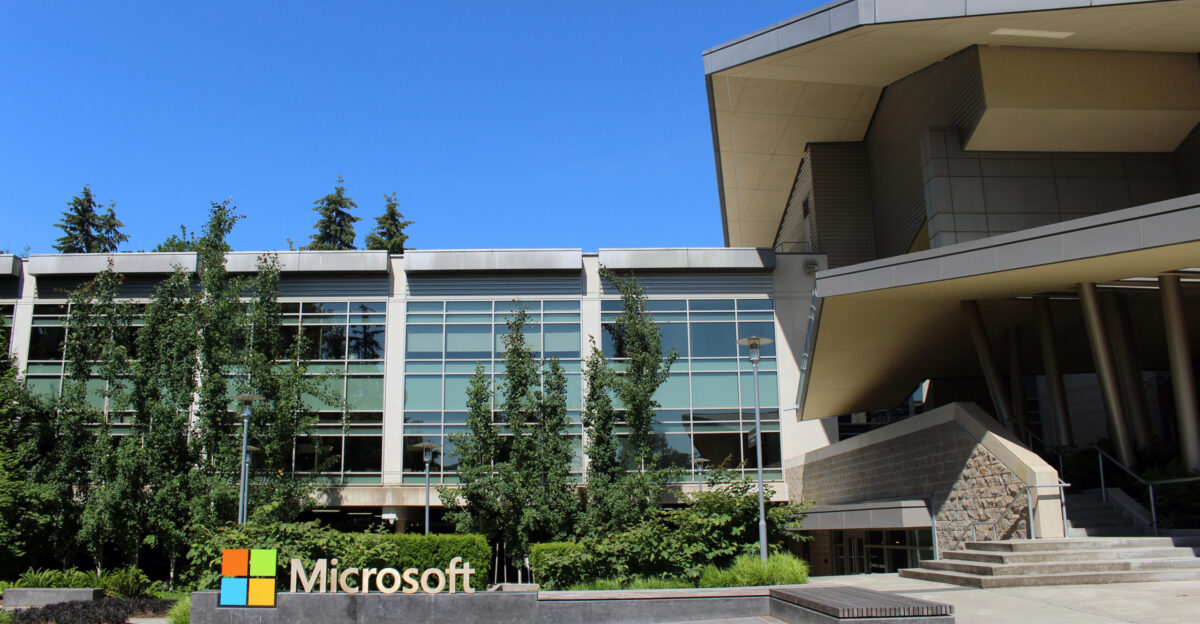
Major companies reacted with alarm. Tech giants like Amazon, Microsoft, and Apple depend heavily on H-1Bs and warn the fee deepens labor shortages. The U.S. The Chamber of Commerce quickly sued, calling the rule illegal.
Chamber policy chief Neil Bradley said the fee will be “cost-prohibitive for U.S. employers, especially start-ups and small and midsize businesses”, threatening competitiveness.
Tech Giants and Startups
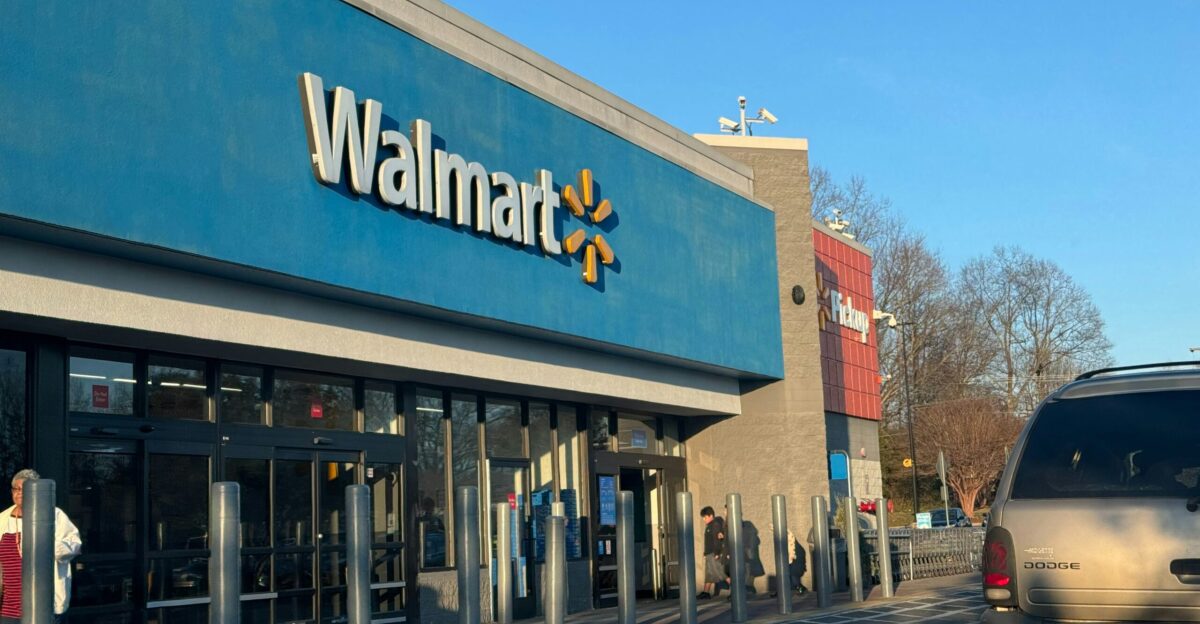
While Walmart made headlines, Silicon Valley feels even more strain. Big tech firms can absorb the higher costs, but startups will suffer most. Industry insiders say some young companies may offshore projects or slow hiring. One observer warned that blanket restrictions “would disproportionately affect startups”.
Global Talent Flows Reroute Abroad

With 71% of H-1Bs going to Indian nationals and 12% to Chinese, experts say the fee will divert this workforce. Countries like Canada, Germany, and China have already moved to attract tech talent. Canada’s prime minister called it an “opportunity to attract people who previously would have got…H-1B visas”.
Global innovation hubs may shift as talent looks elsewhere.
Immigrant Workers Confront Uncertainty and Frustration

Foreign professionals on H-1B visas now face an uncertain future. Many who built lives in the U.S. feel betrayed. A Silicon Valley software engineer lamented: “You cannot buy a house. You cannot raise a family if there is uncertainty”.
He and thousands of others who followed immigration laws worry their careers are in limbo, causing widespread personal anxiety.
Lawmakers and Lawyers Clash Over Legality

The visa fee ignited political battles. Labor unions and the U.S. Chamber sued the administration, arguing the new rule is unlawful. Lawmakers split along partisan lines.
The White House defended the fee as pro-worker; one spokesperson said it puts “American workers first” and deters abuses, but critics say the policy will backfire.
Rising Costs and Inflation Risks Ahead

Analysts warn businesses will face higher labor costs and squeezed margins. Jefferies noted the fee “will constrain talent supply,” meaning companies must pay Americans more and risk losing staff.
The firm predicts wages could rise enough to cut profit margins by roughly 4-13%. Such pressure may eventually push up prices for consumers.
Retailers Pivot to Domestic Hiring and Automation

Retailers are now revising their labor strategies. Walmart says it is still “investing in the best talent” but will reevaluate H-1B roles. Many retailers will increase training for American workers and invest in automation. New expansion plans may be scaled back.
This shift to domestic hiring signals a new era for the retail labor force.
Restaurants and Hotels Brace for Labor Gaps

Service industries also rely on skilled foreign workers. Brookings scholar Darrell West noted, “Companies in technology, agriculture, hotels, restaurants, and construction rely heavily on immigrants”.
With fewer H-1Bs, hotels and restaurants worry about staffing shortages. Patrons could face longer waits or cutbacks in services as these businesses adapt to the tighter labor market.
Supply Chains and Support Services
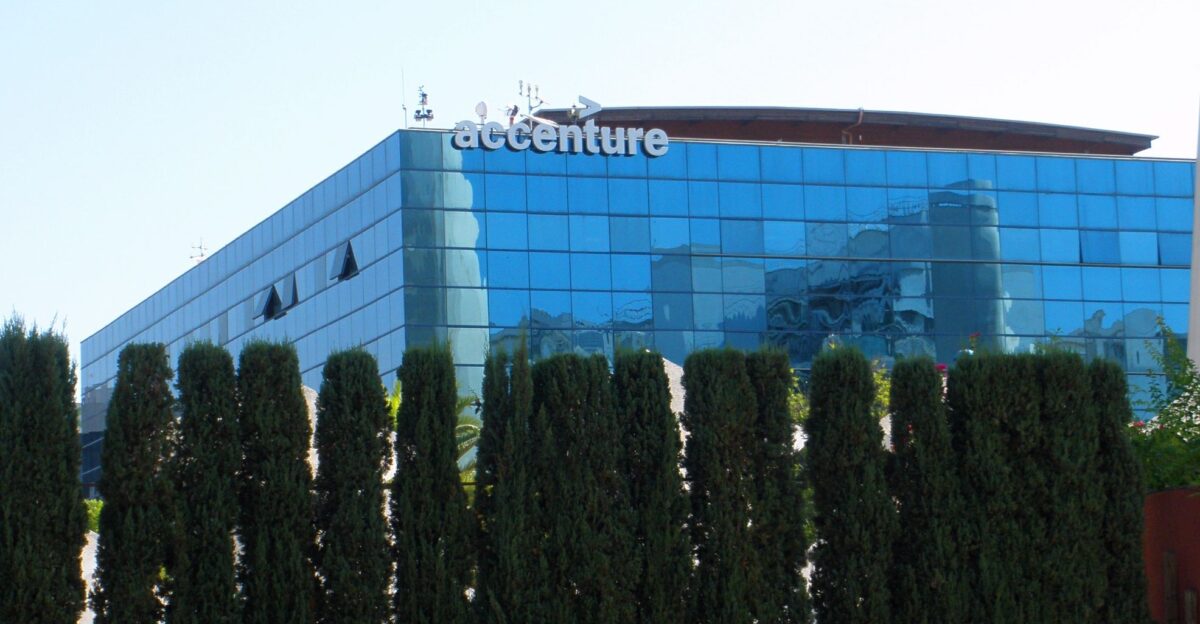
Firms that support corporate hiring are catching fallout. Already, some U.S. companies are planning expansions abroad, e.g., Accenture announced plans for 12,000 new tech jobs in India. Relocation agencies, visa law firms, and consulting services may see less demand as fewer visas are processed.
Even logistics and manufacturing sectors tied to tech and retail could slow down.
Shifts in Global Markets and Innovation

Consumers worldwide may notice effects over time. Companies could delay product rollouts or new features if specialists are scarce. Analysts worry this could shift innovation hubs abroad.
One economist warned of a “brain drain” of talent moving to other countries, meaning future breakthroughs might emerge outside the U.S. instead of from American companies.
Healthcare and Academic Research Under Strain

Hospitals and universities rely on H-1Bs for doctors, nurses, researchers, and lecturers. Medical groups warn that the fee worsens a doctor shortage projected to reach 86,000 by 2036.
The University of Washington paused visa petitions; its medical dean said the uncertainty “represents a loss for the research and education communities, as well as for…vital clinical care”.
Heated Debate Over Jobs, Diversity, and Policy
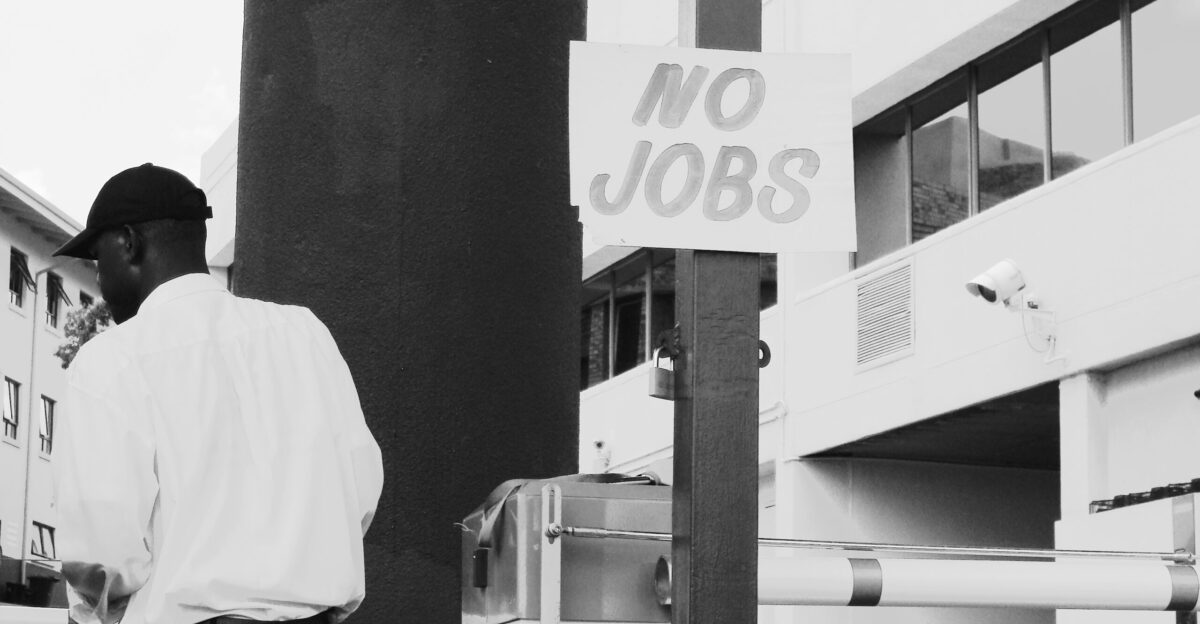
The fee reignited immigration debates. Supporters say it protects U.S. wages; critics warn it undermines growth and diversity. Even some Trump allies have cautioned that the H-1B program is a “vital source of talent”.
This partisan clash highlights deep divides over national identity, workforce needs and America’s role in the global economy.
Winners and Losers in the Talent Race
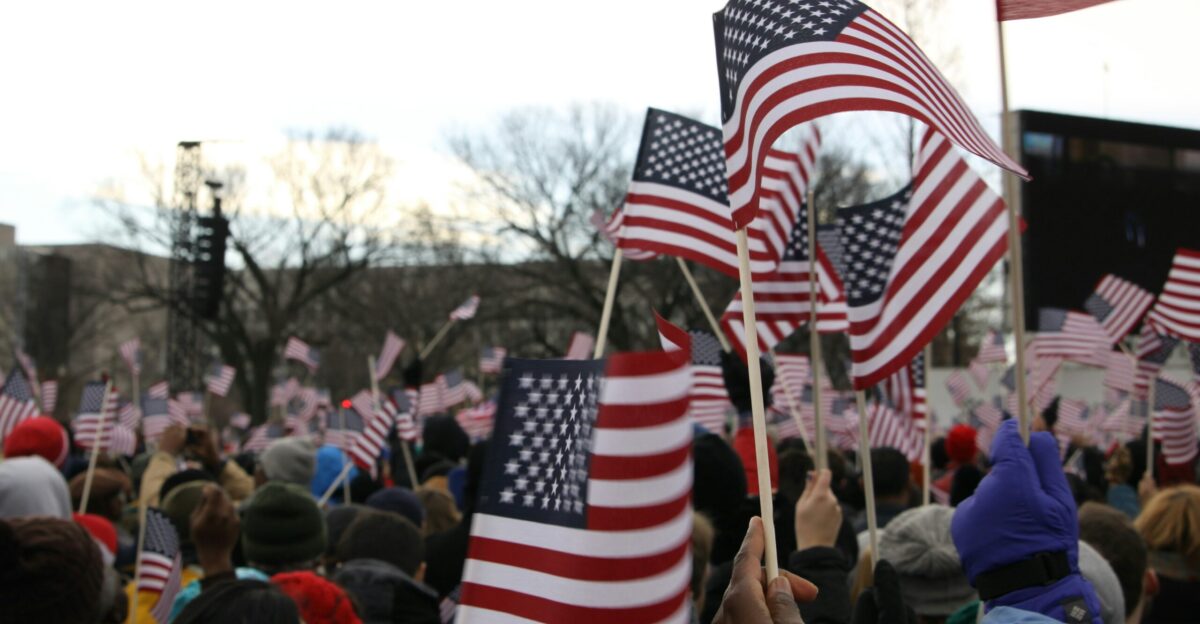
Some Americans may benefit from reduced competition, but many companies lose vital skills. Canada’s prime minister called the fee an “opportunity to attract people who previously would have got…H-1B visas”. Immigration lawyers report U.S. firms are now openly discussing moving work overseas.
The change clearly shifts advantage toward foreign innovation centers and away from U.S. startups.
Financial Markets Weigh the Impact
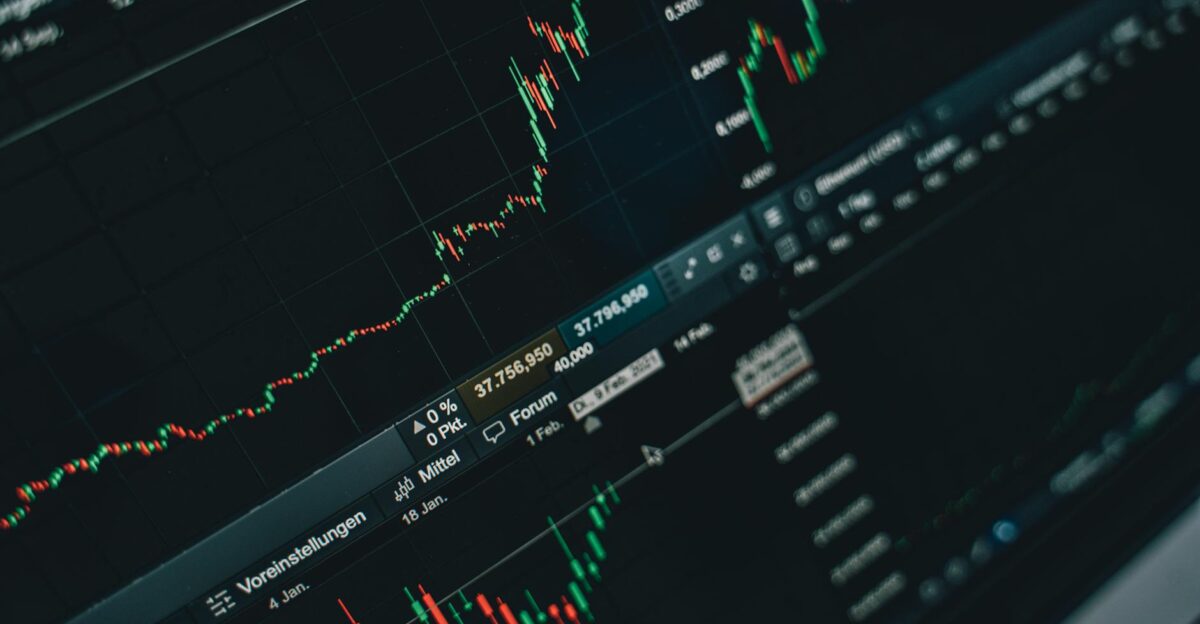
Investors are watching labor shortages and legal battles with concern. After the announcement, U.S. tech stock indexes were mostly flat, but analysts remain wary. Jefferies warned the talent crunch will force firms to boost wages, potentially cutting profits by up to ~10%.
Shares of the U.S.-listed Indian IT firms fell as investors reassessed growth prospects.
Consumers Brace for Indirect Effects

Shoppers should prepare for market changes. If fewer H-1B hires lead to slower development, new products or store services might be delayed. Companies may gradually pass higher labor costs onto customers, Jefferies’ analysis suggests prices could tick up if margins shrink.
Experts advise watching which retailers invest in local workforce training and clear service plans.
Court Battles and Future of Visa Rules

Legal challenges now reach the courts. The U.S. The Chamber has sued to block the fee, arguing Congress never authorized such a levy. Other lawsuits and appeals are pending.
The rulings will decide whether companies must pay the fee or if it’s overturned, leaving employers and prospective H-1B workers in limbo.
A Nation at a Crossroads on Immigration
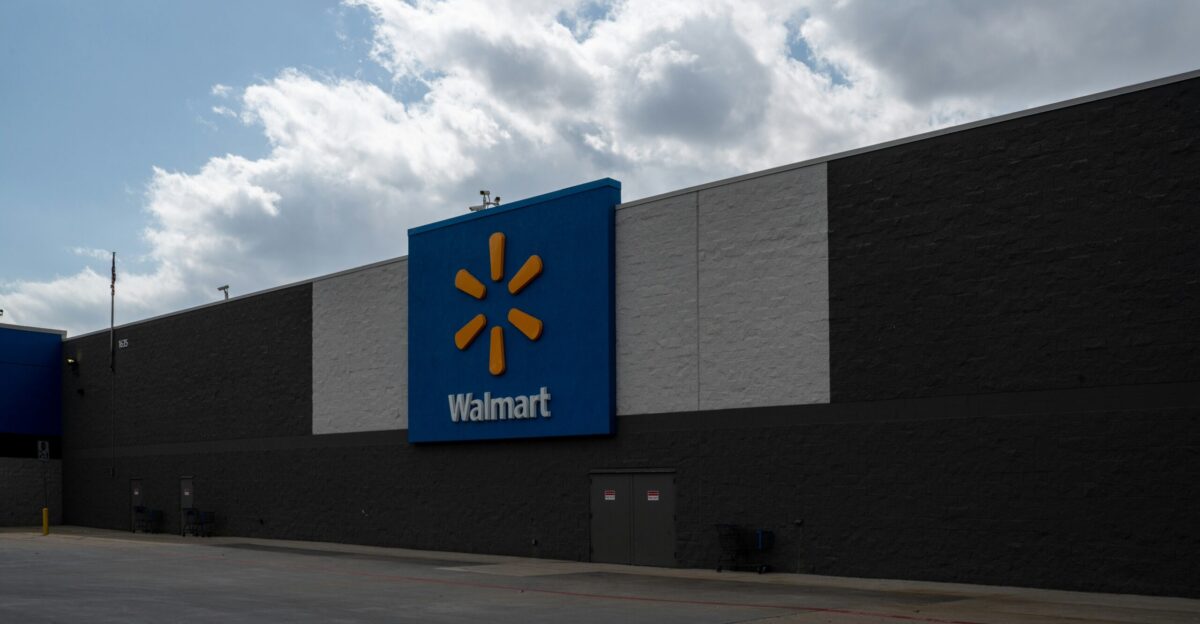
Walmart’s hiring pause is more than a corporate tweak; it reflects a sea change in U.S. labor and immigration policy. The H-1B freeze suggests the country could be trading open innovation for protectionism. The outcome will shape the economy and culture.
Even some Trump allies call the H-1B program “a vital source of talent”, underscoring the stakes of this decision.